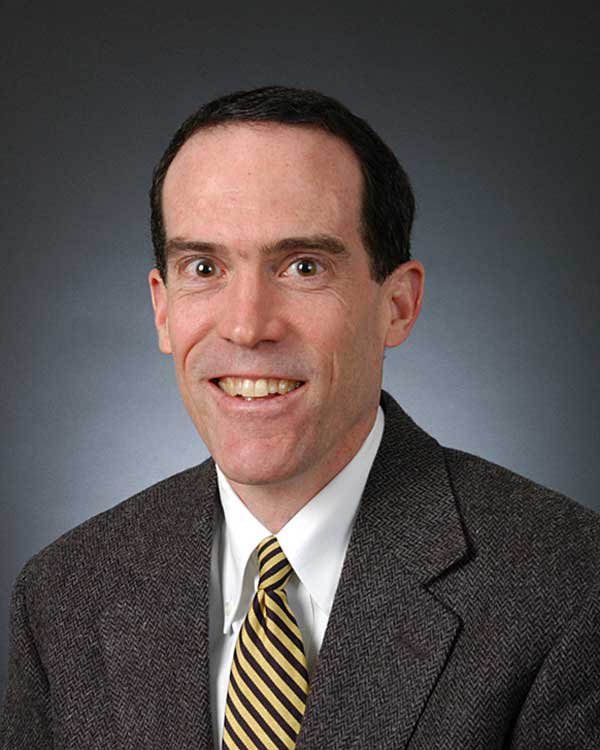Loud Snoring May Be a Sign of Sleep Apnea
October 10, 2019Categories: Bassett News, Pulmonary Medicine, MyHealthy Decisions
Everyone can have a difficult night’s sleep from time to time. However, if you frequently wake in the morning without feeling completely rested and have a difficult time staying awake during the day, or your bed partner complains about your loud snoring at night, you may have sleep apnea. This is a common sleep disorder that affects more than 18 million Americans, according to the National Sleep Foundation. In fact, sleep apnea is the most common problem for which people are referred to the Sleep Disorders Center at Bassett Healthcare Network.

Sleep is supposed to restore us and help us make it through the day. However, people with sleep apnea often do not get a full night’s rest because they experience brief but repeated interruptions in breathing while asleep. In addition to awakening unrefreshed, these interruptions in breathing can result in other health problems.
“People who have sleep apnea typically do not realize it because snoring only happens when you are asleep,” explains Dr. Lee Edmonds, director of the Bassett Sleep Disorders Center. “You also may not realize the severity of the problem. But if you find that your sleep is not restorative or you frequently awaken during the night it may be cause to talk with your physician or healthcare provider.”
The airway we breathe through is a fleshy tube with little structure. When we fall asleep and our muscles relax, that fleshy tube becomes floppy. Snoring is partial collapse and vibration of the tube, which alone can fragment sleep and cause health issues.
“Anyone who is a really loud snorer or if there is any halting to the snoring, it may be sleep apnea. If there is a pause to the snoring in which people restart with a gasp, that is most certainly sleep apnea,” he says. “Even if you don’t stop breathing, if there is loud, obnoxious, consistent snoring, it is probably harming you.”
The primary contributor to sleep apnea is being overweight, especially men who may gain weight in their necks as they age. Excessive alcohol consumption and smoking also contribute to sleep apnea. In children, large tonsils and adenoids are often the cause.
Treatment for sleep apnea can help people feel more rested and restored after a good night’s sleep. This reduces the likelihood of drowsy driving. Another reason to consider treatment is that the pauses in breathing during sleep cause oxygen deprivation, which stresses the heart and may lead to hypertension, mood and memory problems, and heart disease.
If you think that you or your sleep partner may have sleep apnea, talk with your health care provider about a sleep study. There are two main types of sleep studies. The first is conducted in the sleep lab and involves electrodes, monitoring and information. The second may be done at home. Either way, the electrodes and monitoring equipment record and document sleep breathing patterns and oxygen levels. “The study will tell us whether there are really pauses in breathing and reduced oxygen levels,” Dr. Edmonds says.
Most often, the treatment for sleep apnea is the continuous positive air pressure (CPAP) machine. This is a small and quiet machine that creates a small amount of air pressure. The pressure is routed into the throat, keeping the throat from closing and cutting off life giving oxygen.
“The CPAP machine is a little cumbersome but I often tell my patients that it is like learning to ride a bike,” Dr. Edmonds says. “You may not like it at first but if you stick with it, you love your bike!” People who regularly use the CPAP machine feel better and potentially live longer.
Lee Edmonds, MD, is an attending physician at Bassett Medical Center and the Division Chief of Pulmonary and Sleep Medicine, and Medical Director for the Bassett Sleep Disorder Center.
